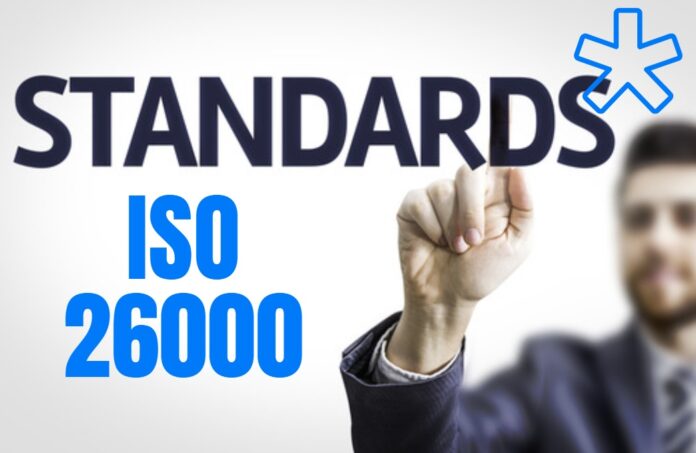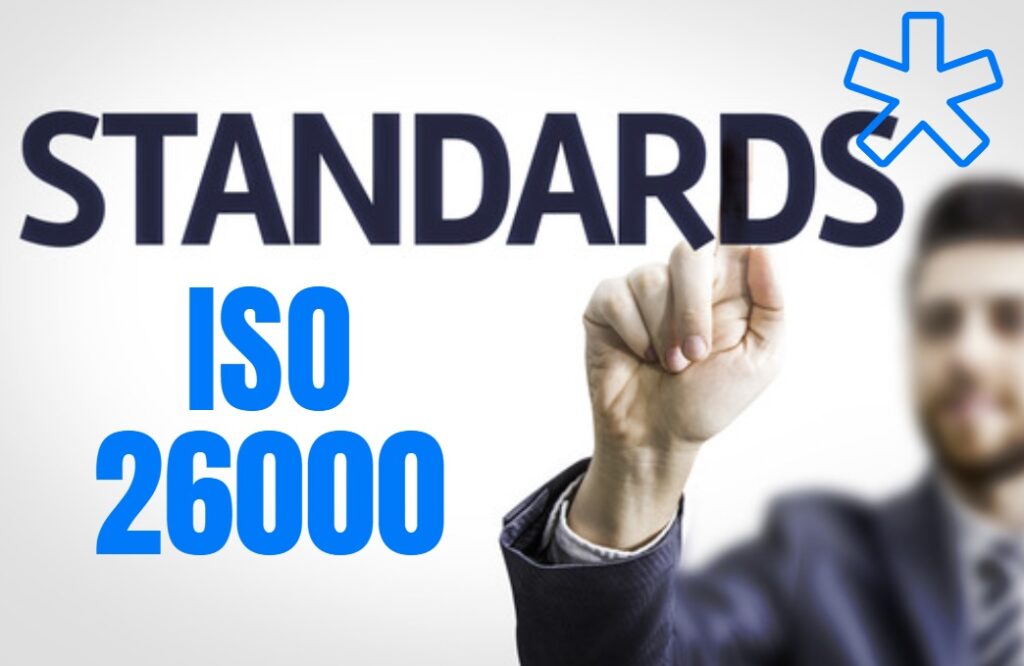
(www.MaritimeCyprus.com) Business and organizations do not operate in a vacuum thus their relationship to the society and environment in which they operate is a critical factor in their ability to continue to operate effectively. It is also increasingly being used as a measure of their overall performance.The ISO26000 standard was launched in 2010 following five years of negotiations between many different stakeholders across the world. Representatives from government, NGOs, industry, consumer groups and labour organizations around the world were involved in its development, which means it represents an international consensus.
ISO 26000 provides guidance on how businesses and organizations can operate in a socially responsible way. This means acting in an ethical and transparent way that contributes to the health and welfare of society.
Maritime Companies (Owners, Managers, Charterers) are increasingly concerned about achieving and demonstrating sound performance on Health and Safety, Environmental, Quality, Energy management as well as Social Responsibility issues.
ISO 26000:2010 provides guidance rather than requirements, so it cannot be certified to unlike some other well-known ISO standards. Instead, it helps clarify what social responsibility is, helps businesses and organizations translate principles into effective actions and shares best practices relating to social responsibility, globally. It is aimed at all types of organizations regardless of their activity, size or location.

What are the benefits?
- Design and build a social responsibility strategy tailored to your business
- Adapt this strategy to any legal, cultural or political environment
- Manage social or environmental issues specific to your business
- Engage employees, communities and business partners in your strategy
- Win greater trust and credibility as a socially responsible organization
Video 1: ISO 26000 – Social Responsibility
Video 2: ISO 26000 – Why is ISO 26000 not certifiable?














